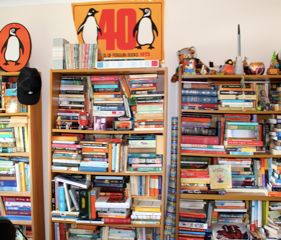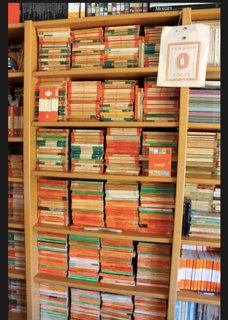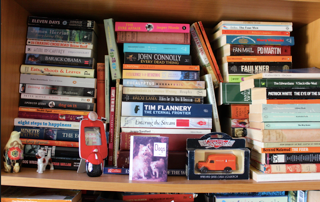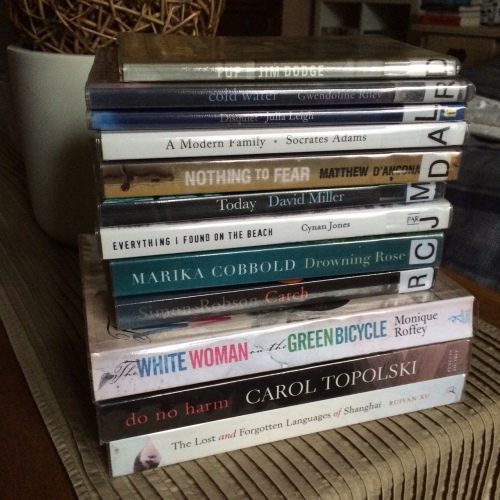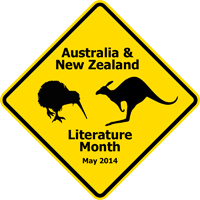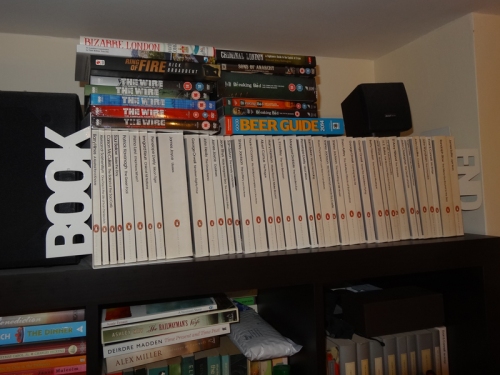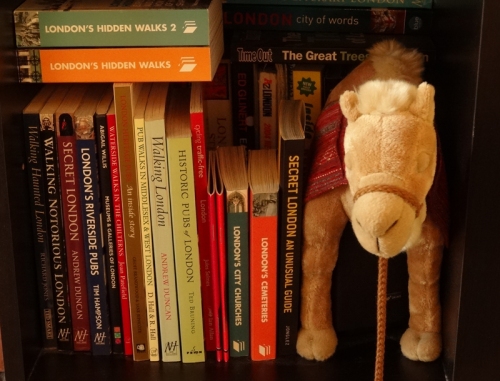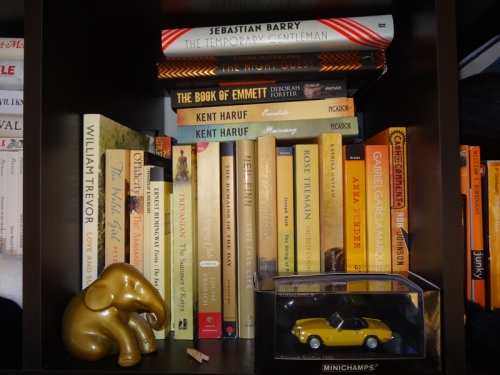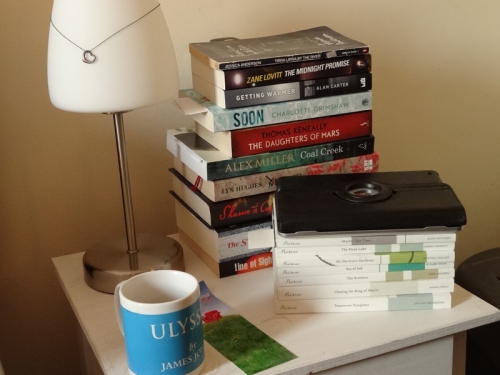I do love a book where a character does something completely out of the ordinary and chases a whim for a split second which then changes their lives forever. Louise Doughty uses this device in her latest novel Apple Tree Yard and creates a gripping and thrilling (for oh so many reasons) tale of a women’s fall from grace that leads her from respectability to being on trial at the Old Bailey. It makes for a very, very compelling read.

Faber & Faber, paperback, 2014, fiction, 448 pages, from my own personal TBR
‘You are familiar, aren’t you?’ says Ms Bonnard in her satin, sinuous voice, ‘with a small back alleyway called Apple Tree Yard.’ I close my eyes, very slowly, as if I am bringing the shutters down on the whole of my life until this moment. There is not a sound from the court, then someone from the benches in front of me shuffles their feet. The barrister is pausing for effect. She knows that I will keep my eyes closed for a moment or two: to absorb this, to attempt to calm my ragged breathing and buy myself a few more seconds, but time has slipped from us like water through our fingers and there is none of it left, not one moment: it’s over.
From the start of Apple Tree Yard we know that Yvonne Carmichael, a married 52 year old highly successful geneticist, is on trial for something horrendous. What we don’t know is what that is, how she may or may not have been involved and what may have led her to that situation. Louise Doughty already has you hooked, I mean with a start like that and all those questions how could she not. What is brilliant is that as the tale goes on she keeps the pace cracking along, and the twists a coming round the corners of every chapter, as we learn of a moment when Yvonne met ‘X’ and in a split second decided to be reckless and ends up having sex with him in a public place and starting an affair built on thrills and risk. Yet the risk, it turns out, is going to be far greater than Yvonne could ever have imagined.
There are several things that make the book so thrilling to read. First there is Yvonne herself. As we read on, going backwards, and find out about her life we learn how all the people around her, herself included in fact, would say she was the last women they could imagine having an affair. From the outside she seems to have the perfect life. They would say she is happily married, has two wonderful children, is highly respected in her job – of course facades can be just that and also do we always really know how happy we are? You cannot help but be compelled to learn more about Yvonne and what makes her suddenly do something so out of character and reckless. There is also the lingering question, how reliable is Yvonne and the side of the story she is giving us?
The structure of the book also makes it very twisty and all the more readable. Louise Doughty sets the book is set into parts first we have the prologue; which feels like it is the end at the start but actually isn’t, then we have X & Y; letters that Yvonne writes to her mystery lover X about how they met and how things spiralled, A T C & G; looks at her family life and what lies behind the façade before things start and the lies she tells afterwards, then finally DNA which is the trial.
Each section is gripping in its own way. In X & Y we have the start of the affair and the illicit sexual nature it takes on. So what about all the sex? Come on, we all do it (well unless there are some Nuns or Monks reading in which case I apologise) and if we all admit it we can’t help but be fascinated/titillated by it. The sex between Yvonne and her lover is really what keeps their affair going, mainly out in public areas this too is completely out of character for Yvonne. Doughty looks at sexuality frankly and, rather bravely, explicitly without it ever being gratuitous or smutty.
In A T C & G we get a look into another subject that fascinates us all, family secrets and cracks in the domestic life. You might thing the Carmicheal’s are the perfect family but are they really? Doughty takes a very interesting look at marriage and child and parent relationships whilst also making sure there is a brooding atmosphere and sense of everything being about to smash into pieces. Domestic drama, we love it don’t we? This culminates in the reason why Yvonne and her lover are on trial, which I had forgotten about so thrilled had I been. This of course leads to the final section DNA, where we have the trial. Now I don’t think I like a courtroom setting but I was gripped by this as witnesses come to the stand Doughty throws in a few more twists for good measure.
What is also brilliant about Apple Tree Yard is the questions it asks. Why is sexuality for people over 50 almost seen as a taboo? Do we fool ourselves into thinking we are happy? Why do women tend to be judged more harshly in terms of sexuality or wrong doing? (This really reminded me of the brilliant Did She Kill Him? only with a different subject and in the modern world not in the Victoriana of that true court case. These two would actually make great companion pieces. Just saying.) All this whilst being a cracking yarn and a wonderfully written and plotted thrilling tale.
I sit in the dock. And I listen to this story. And it comes to me that all you need for a story is a series of facts that can be strung together. A spider sometimes strings a thread from a bush to a fence post several feet away, quite implausibly it often seems, but it’s still a web.
The above quote, from Yvonne as she sits in the docks, wonderfully summarises Apple Tree Yard. Louise Doughty is, if you will allow me, a genius spider spinning an intricate and deft web. A truly original, gripping, slick yet slightly grubby (in a good way), thrilling tale which – cliché alert – I found very, very difficult to put down. I thought it was brilliant. I cannot recommend it highly enough. Not only one of the best thrillers of my reading year so far, one of the best reads full stop.
Who else has read it and what did you make of it? Which of Louise Doughty’s books should I get my mitts on next?

